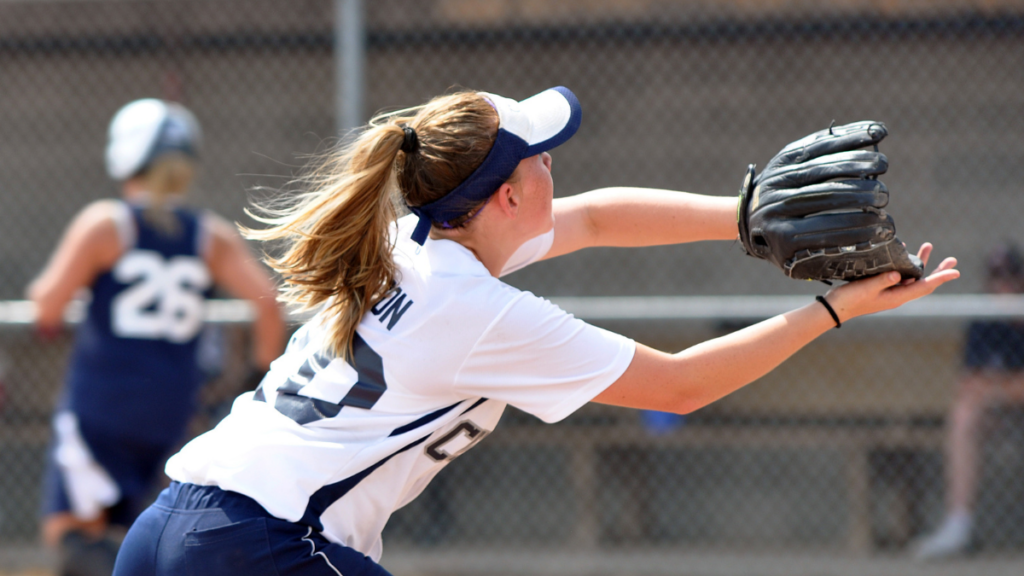Gov. Jim Justice struggled with House Bill 2820. He didn’t sign the bill that becomes law 90 days from passage. lt allows Hope Scholarship recipients, along with those enrolled in private schools, home school, microschools and learning pods to participate on public school sports teams. The new law also allows student-athletes to transfer schools at least one time and keep their athletic eligibility.
Justice had no problem with the first part, but had serious concerns about the new, liberalized transfer rules.
Bernie Dolan, executive director for the West Virginia Secondary School Activities Commission (WVSSAC), said he sees many inconsistencies throughout the legislation.
Dolan said removing the provision that the incoming student take one class at the school they are playing for weakens personal and academic ties.
“Now, kids will play for a school that they have no association with,” Dolan said. “We spoke loudly that we were opposed to that. We think that you should have that class – you should be enrolled in the school you’re playing for.”
Dolan said an academic component that requires a 2.0 GPA for public school students to play, but not private schoolers, creates an unfair playing field.
“Somebody may have to relook at the 2.0,” Dolan said. “They will say why is somebody allowed to participate with no academic standard, or limited academic standard, when the member school students all have a 2.0 that they have to achieve.”
He said incoming students will have to take a nationally normed test once a year, but said there are no comparisons offered to the academic qualifications required for public school students.
“There’s not really a standard test that they have to take,” He said. “It just has to be a nationally normed test, so we’re not even sure which test each student will be presenting.”
As to the one-time sports eligible transfer rule for any student, Dolan said the 13 or 14-year-old rule in place for underclassmen was a fair offer.
“You get to go anywhere you want in sixth, seventh, eighth and ninth grade,” Dolan said. “As long as you go to the beginning of the school year it doesn’t matter where you live. But you have to make that decision by your ninth grade year. You have a one-time transfer to come back and it has to be for academic reasons.”
Dolan said with the existing rule, students transfer as freshmen and they’re not already developed. He said it doesn’t become a feeder program for the bigger schools. Now, he said the one time transfer rule for upperclassmen and women has already prompted the beginnings of a recruiting portal system.
“As soon as it passed the legislature, before the governor even got it, there was a school, or somebody associated with the school, who was putting out ‘Hey, we lost this many people, these positions, that’s what we’re looking for.’ And somebody else has identified themselves as a recruiting coordinator,” Dolan said.
During a media briefing earlier this week, Justice addressed both aspects of this new law.
“I fully support the ability of our HOPE scholarship recipients, students in microschools or learning pods, homeschooled students, or our private school students to participate in extracurricular activities at their school or at their local public school,” Justice said. “However, allowing student athletes to transfer to any school, whatsoever, with no purpose other than jumping to a better athletic team, will do nothing but make a few teams better at the expense of all the others.”
Both Dolan and Justice are asking the West Virginia Legislature to revamp the law in a special session later this year.

























